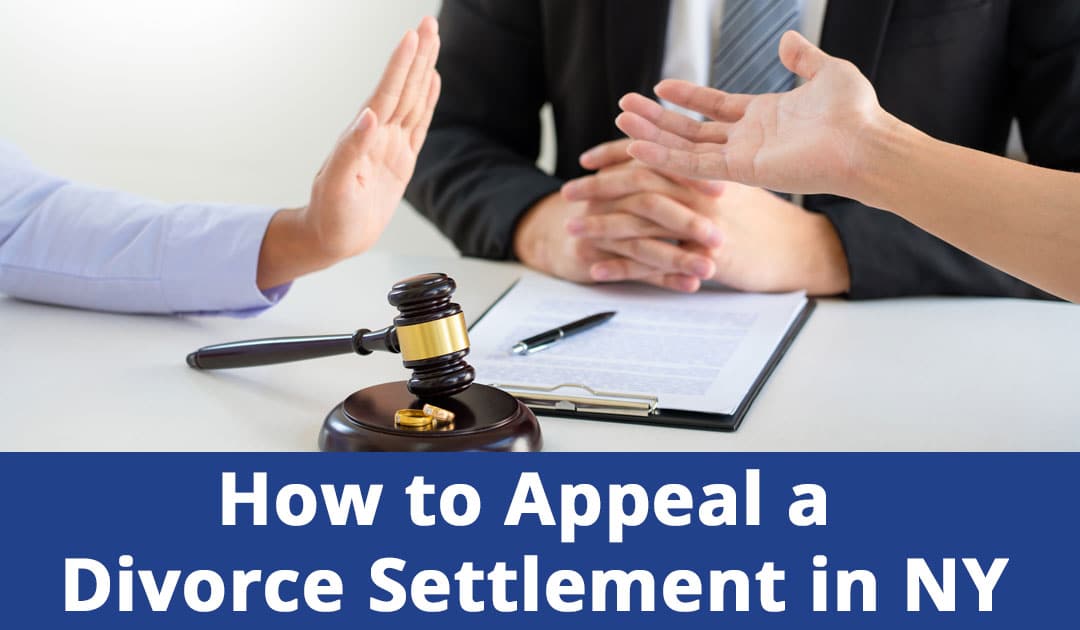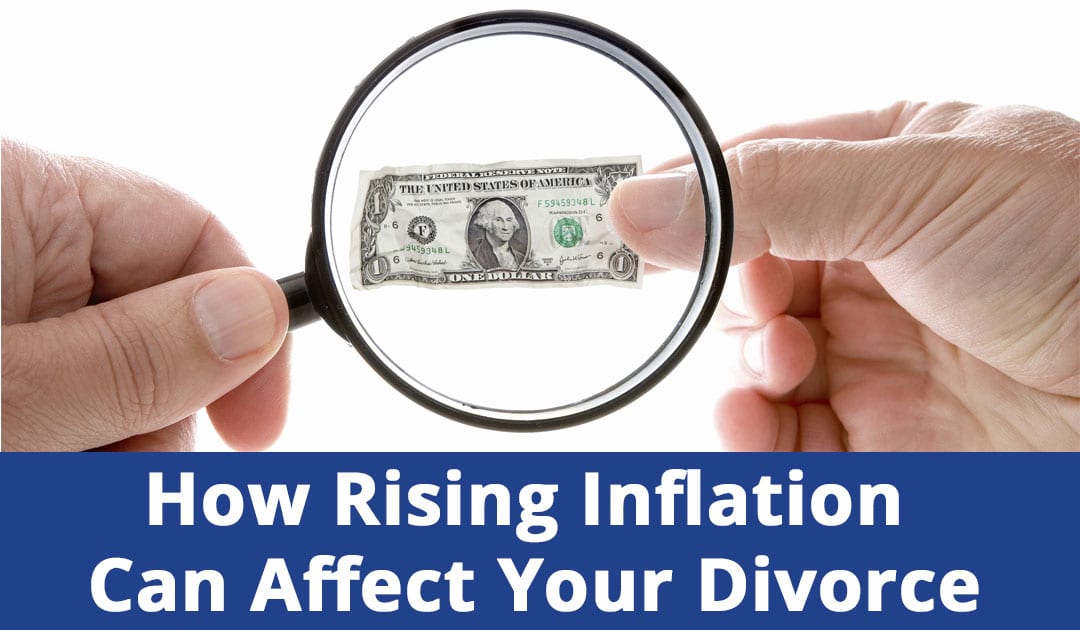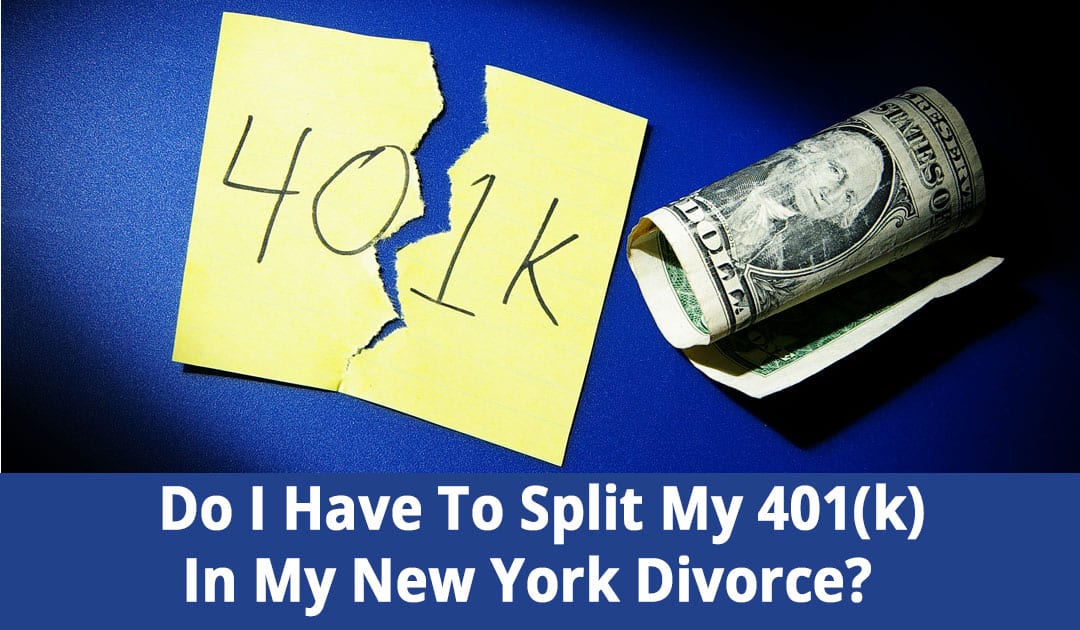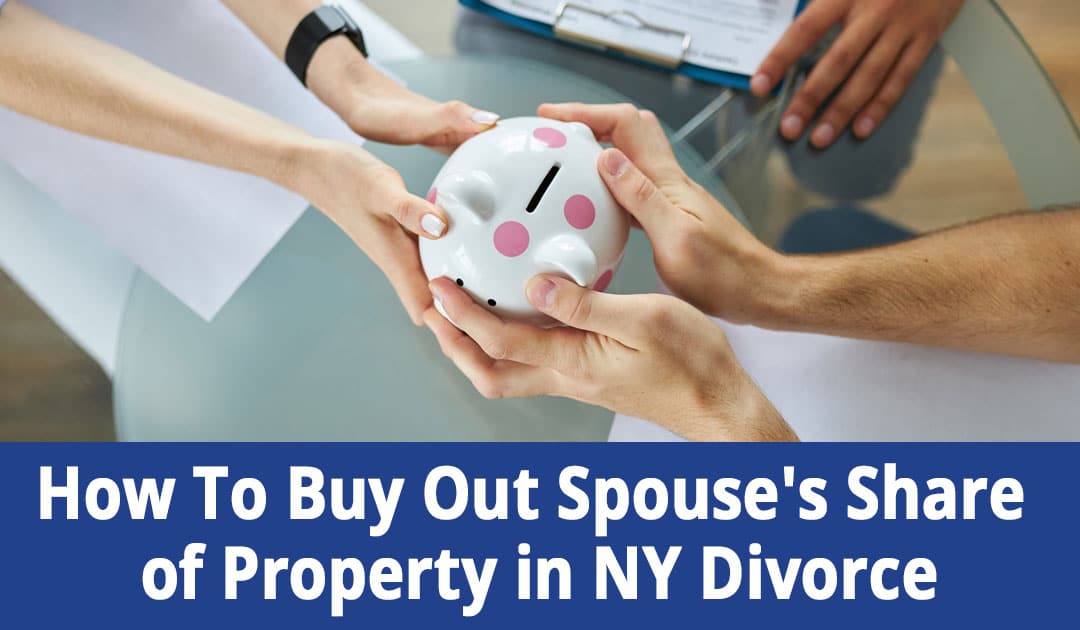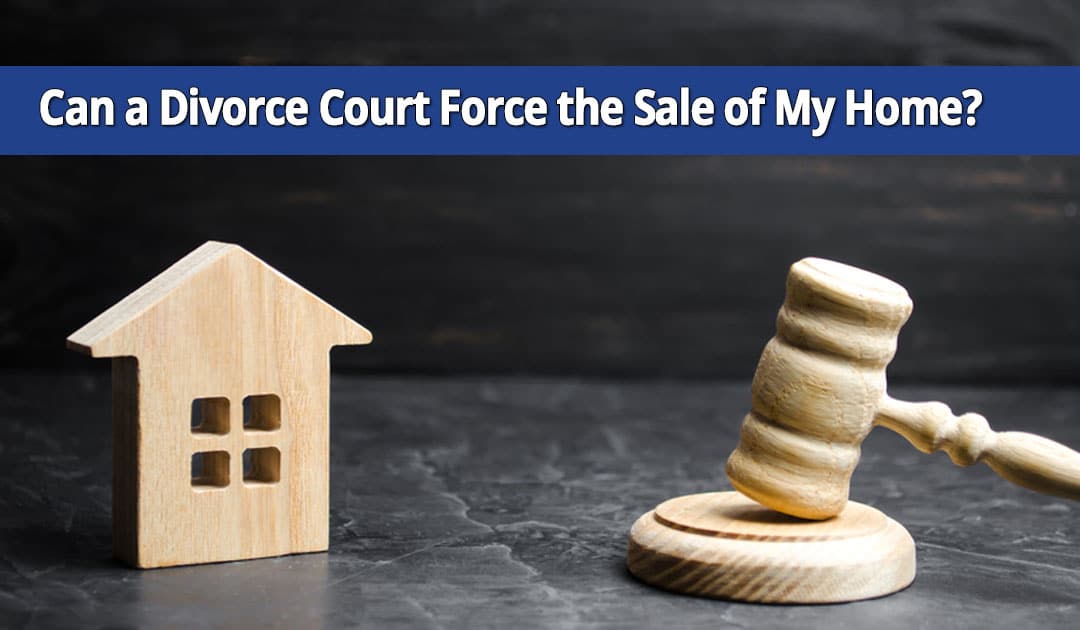
Same-Sex Divorce in NY: Retroactive Prior to 2011 MEA?
Same-Sex Divorce in NY: Retroactive Prior to 2011 MEA?
What Does the New York Marriage Equality Law Mean for Those Married Prior to 2011?
Divorce laws in New York are complex, but there are always new updates that could impact your case. If you are planning to get a divorce in Long Island, NY, it’s critical that you understand the marriage equality law. This law, recently clarified by the New York Appellate Division, covers divorce for same-sex couples. Here’s what you should know.
What Is the New York Marriage Equality Act?
Sometimes called MEA, the NY Marriage Equality Act, which went into effect on July 24, 2011, made it legal for same-sex couples to marry in the state. . The law lets any opposite-sex couple marry, providing them with the same rights and responsibilities as anyone else who marries in the state. The MEA gives same-sex couples the same privileges under both city and state laws.
This allowed people of any sexual orientation to seek out a legally binding marriage license in the state and make religious or other types of ceremonies related to same-sex marriage legal.
What Happens When Same Sex Marriages End in Divorce in NY?
When a couple is married, regardless of their sexual orientation, the rules of divorce apply based on New York state law. Since July 24, 2011 this applies to same sex couples, but what about same sex couples who would have legally married sooner if the law allowed? Many of these couples who couldn’t get a marriage license prior to 2011, cohabitated, shared financial responsibilities and in all other ways behaved as though they were married (also known as Common Law marriages) and many of those couples legally married as soon as they were legally allowed. New York state has not recognized common law marriages since the 1930s, however, some same sex couples were married in religious ceremonies even though they couldn’t acquire a valid NYS marriage license.
Under a ruling filed on November 15, 2023, a four-judge panel determined that the rules of divorce should be applied retroactively. That means that a couple married years before in a recognized ceremony could file for divorce, and the division of their assets from that marriage would be handled as any other divorce in the state.
Confused? Here’s the Case Details
A case between a lesbian couple that married in a religious ceremony in 2005 was the basis for this update to the MEA. The panel of judges ruled that all of the assets the couple acquired during the marriage between the marriage ceremony date and the filing for divorce should be considered marital property.
As we’ve discussed in other posts on this site, the goal in any divorce is to divide marital property equitably, meaning that both parties receive an equitable stake (that does not mean that the assets are divided equally, though).
In this particular case, the marriage ceremony in 2005 was in front of 100 guests and was performed by a rabbi following the Jewish faith. The couple signed a Ketubah, a type of marriage contract written in Hebrew and a traditional portion of the marriage ceremony. For all purposes, then, the two were officially married in 2005, but NY state law didn’t allow for same-sex marriages for another 6 years.
When the couple decided to marry, they initially used a date in 2011 as their marriage date and were granted a divorce that allowed one party to receive temporary spousal maintenance from the other based upon that 2011 date. Later, one party sought to include assets obtained between the couple from 2005 and 2011 as marital property, leading to the question of what should occur.
How This Rule Could Impact You
The experienced divorce attorneys at Hornberger Verbitsky, P.C. in Long Island, NY, recognize that same-sex couples should have the same rights as people of the opposite sex. NY state law recognizes this. If you were married in an otherwise legally recognized ceremony, like this couple, prior to the enactment of the MEA, we encourage you to contact our Long Island, NY divorce attorneys for help.
The division of assets obtained in a marriage should be equitably split, but in same-sex marriages, the rules can be much more complicated. Don’t let your rightful assets be stripped away due to confusion over the MEA.
How Our Long Island, NY Divorce Lawyers Can Help You
Our primary goal at Hornberger Verbitsky, P.C. is to ensure each of our clients receives equitable assets in a divorce, as that directly impacts your ability to start your new life outside of the marriage with all the resources you need and deserve. Our divorce attorneys will work with you to determine how the division of assets in your case should apply. Then, we’ll seek out legal strategies that support your case.
You may be entitled to:
- Spousal maintenance and alimony
- Child custody and support
- A divorce settlement of all assets acquired throughout your marriage
Every case is very different. Just living together with your significant other is not enough to prove that you were married prior to 2011. If you’re unsure if your marriage qualifies for a same-sex divorce, let us offer guidance during a free consultation and case evaluation
Set Up a Consultation with Our Long Island, NY Divorce Attorneys Now
Allow our law firm to represent you as you pursue fair division of the marital property in your same-sex marriage. At Hornberger Verbitsky, P.C., our veteran Long Island, NY divorce attorneys will work side-by-side with you to ensure the best possible outcome in your case. Contact us now at 631-923-1910 or complete our online contact form to learn more about your same-sex marriage divorce under New York State law.
GET YOUR FREE CONSULTATION TODAY
Call 631-923-1910 or fill in the form below

Get your complimentary consultation and case evaluation with our experienced attorneys today.
Your attorney will describe the many options available and determine together which is the right solution for you. By the end of this conversation, we’ll all understand how we can best help you to move forward.
No Cost or Obligation
There is no cost or obligation for this initial consultation. It is simply an opportunity for us to get to know each other, answer your questions and learn if Hornberger Verbitsky, P.C. is right the right law firm for you. Give us a call at 631-923-1910 or fill in the short form below for your free consultation and case evaluation.
All Fields Are Required
About the Author
Robert E. Hornberger, Esq., Founding Partner, Hornberger Verbitsky, P.C.
- Over 20 years practicing matrimonial law
- Over 1,000 cases successfully resolved
- Founder and Partner of Hornberger Verbitsky, P.C.
- Experienced and compassionate Long Island Divorce Attorney, Family Law Attorney, and Divorce Mediator
- Licensed to practice law in the State of New York
- New York State Bar Association member
- Nassau County Bar Association member
- Suffolk County Bar Association member
- “Super Lawyer” Metro Rising Star
- Nominated Best of Long Island Divorce Attorney four consecutive years
- Alternative Dispute Resolution Committee Contributor
- Collaborative Law Association of New York – Former Director
- Martindale Hubbell Distinguished Designation
- America’s Most Honored Professionals – Top 5%
- Lead Counsel Rated – Divorce Law
- American Institute of Family Law Attorneys 10 Best
- International Academy of Collaborative Professionals
- Graduate of Hofstra University School of Law
- Double Bachelor’s degrees in Philosophy, Politics & Law and History from SUNY Binghamton University
- Full Robert E. Hornberger, Esq. Bio














